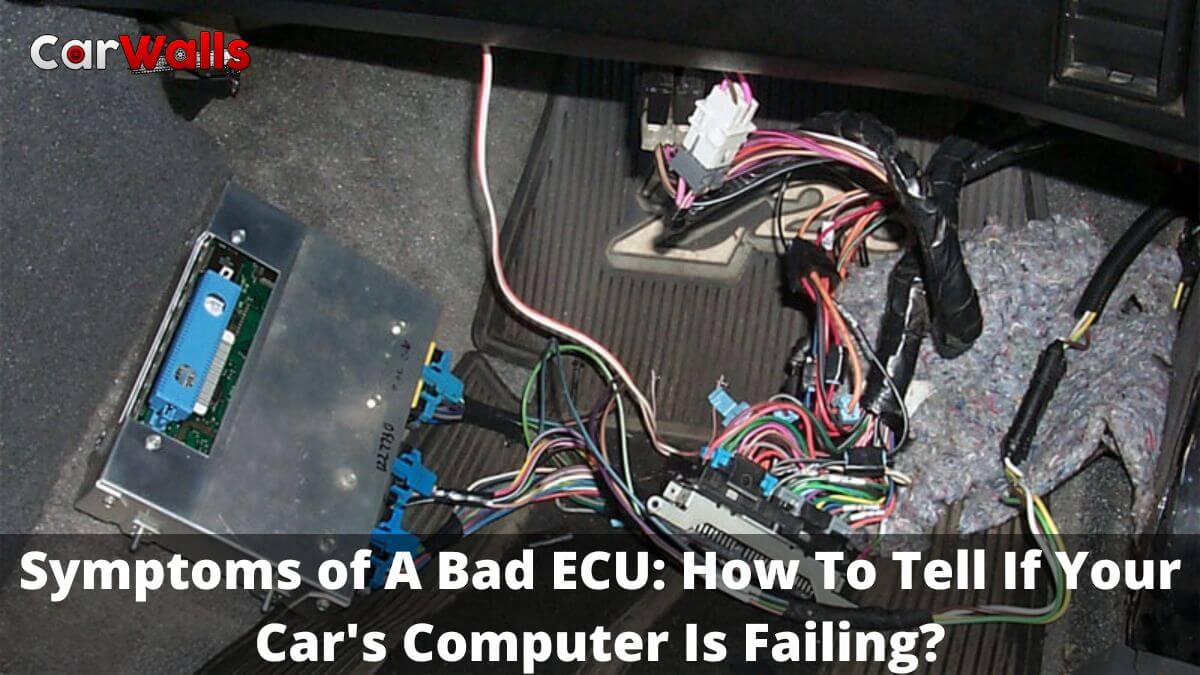Smoke Coming From Oil Cap is not a normal sight. It can be quite an eye-opener, too, because it can indicate that there’s something really wrong with your engine. We’re here to help you figure out the root cause of the problem.
How to Test the Smoke Coming From Oil Cap?

There is an easy way to determine whether smoke coming from the oil cap is a fatal sign. Start the engine and let the car idle for a few minutes to see if smoke comes out of the oil filler cap. Slowly loosen the oil cap and then remove it completely. You need not worry if only a small amount of fume is blowing out of the motor.
In contrast, lots of fumes coming out under pressure are not good. Immediately take the vehicle to a service shop if the vapour also contains contaminated fumes. It is important not to open the cap when the engine is hot. When you are finished, close the tank with the cap. If there is any oil residue, clean it up.
The Reasons for Engines Emitting Smoke from Oil Caps
Smoke coming from the oil cap could be caused by two factors:
- Wearing valve stem seals and rings are bypassed by hot fuel
- Fuel bypasses worn rings and valve stem seals
Tolerances between engine components are essential for smooth operation. It is crucial that oil flows to all the parts in order to keep them moving without friction. The proper flow of oil prevents the machinery from locking or seizing.
With time, the components wear out and the seals thin out. Due to this, some of the games between these machines become too wide for oil to leak somewhere where it shouldn’t, such as the combustion chamber. Each time the fuel-air mix is fired, the fuel drips through the piston rings and valves and gets into the combustion chamber, where it turns into smoke. Oil leaks and smoke production increase as you drive faster.
How to Solve the Problem of Smoke Coming From Oil Cap?

If one or both of the stem valves or piston rings are damaged or worn out, you must replace them. Changing both parts is the best solution because the older parts won’t be able to handle the new pressure created by the new component.
By changing only the stem valves, for example, you can keep the pressure contained. The old rings, on the other hand, will not be able to show the same strength and will allow the extra pressure to bypass through. By changing the rings but keeping the old valves, the opposite will happen.
Spending money on temporary fixes will only drain your bank account. You should replace all the components related to the oil gap if your car releases a lot of smoke with contaminated fumes. It is also possible to buy a used engine that still has many miles left on it.
Frequently Asked Questions
Que 1: What Does It Mean When Your Oil Is Smoking?
Ans: The smoke from your engine oil could be caused by either too much oil in your engine or oil burning in your combustion chamber. You should bring your engine in for service as soon as possible if your engine oil is smoking, as this could be a sign of serious engine damage.
Que 2: Is Oil Smoke Bad To Breathe?
Ans: Like exhaust emissions from motor vehicles or wood stove smoke, smoke from oil combustion contains gases and particulates that may be toxic to our bodies. Depending on the level of exposure to these agents, the health risk will vary.
Also Read: Why is My Car AC Not Blowing Cold Air When Idle? [Solved]
Conclusion
Would it be normal for Smoke to come from the Oil Cap? If it is only a small amount and goes away within a few minutes, it may be. In case the remains are excessive, you will need to have the engine internals inspected. The first step is usually to check the compression to confirm any leaks from seals and gaskets.




![Can You Use Hvac Tape On A Muffler? [Detailed Information] Can You Use Hvac Tape On A Muffler](https://carwalls.org/wp-content/uploads/2023/09/Untitled-design-2-2-218x150.jpg)


